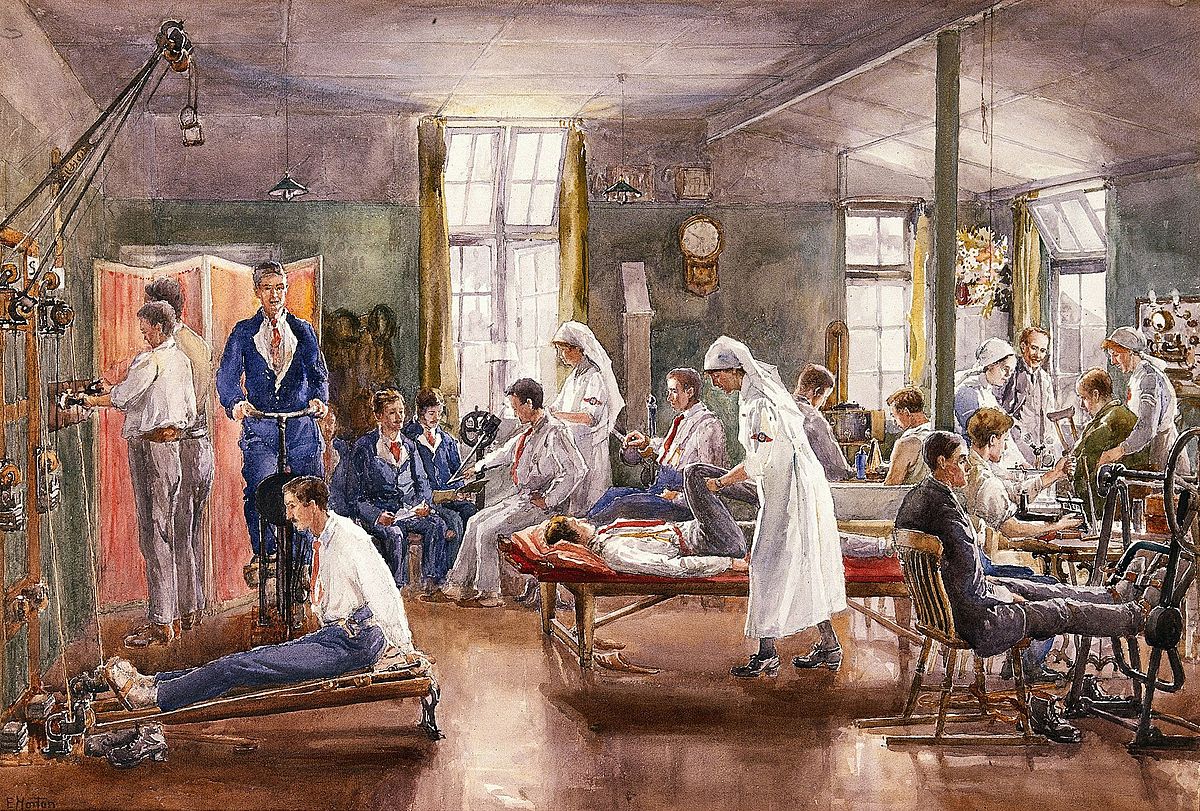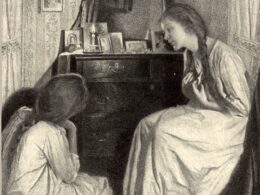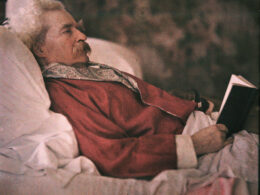From Ernest Hemingway: A Farewell to Arms & Other Writings 1927-1932

Because of his poor eyesight, Ernest Hemingway could not enroll in the military when the U.S. entered World War I in the spring of 1917. “I’ll make it to Europe some way in spite of this optic,” he wrote to his sister, Marcelline. “I can’t let a show like this go on without getting into it.” In the fall, he worked as a reporter for the Kansas City Star, where he met and interviewed Theodore Brumback, who had just returned from a five-month stint as an ambulance driver in northern France and whose story presented Hemingway with a possible path to the war in Europe. Brumback ended up writing a riveting account of his service, and its appearance in the Star in February coincided with the American Red Cross call for volunteers in Italy. Soon thereafter, both young men enlisted with the Ambulance Corps, went to New York for two weeks of training, and reached Milan in early June. They separated shortly after their arrival when the Red Cross sent Hemingway to Schio, a town 150 miles to the east.
A little bored by his new posting, Hemingway volunteered for canteen service on the front lines, outside the town of Fossalta on the Piave River, “to get a little action down here,” as he wrote to a friend back home. “The big Italian guns are all back of us and they roar all night. What I am supposed to be doing is running a posto Di ricovero. That is I dispense chocolate and cigarettes to the wounded and the soldiers in the front line.” On the night of July 8, 1918, he was hit by an Austrian trench mortar, followed almost immediately by a machine gun bullet. The Italian soldier standing next to him took the brunt of the explosion and was killed instantly. Hemingway was transported to the American Red Cross Hospital in Milan, where he spent the next ten weeks recovering from mortar fragment wounds (“227 little devils”) in his legs and feet.
His experience in the hospital and the physical therapy he endured to recover the full use of his legs form the basis of “In Another Country,” a short story he wrote nine years later. You can read the selection at our Story of the Week site, along with comments by Dorothy Parker, F. Scott Fitzgerald, Dwight Macdonald, Joseph Epstein, and Joan Didion, as well as a moving interpretation of the story by Andre Dubus



